Have you ever had a moment where your very-confident perspective on something is actually proven to be incorrect?
Well recently, I was watching the Today Show, as I do every morning… I have to watch it every morning because my dog is obsessed with Al Roker and will literally cry if I don’t turn it on. Anyway, one of the anchors revived the dress debacle by wearing the actual dress live on television, proving that it is… (drum roll here) … blue and black.
You’ve got to be kidding me. There’s no way. I saw the pictures. That thing is absolutely white and gold, no questions asked.
Except it’s not. I sat there watching them discuss this travesty as I stared at what was clearly a blue and black dress, wondering how on earth I got it so wrong. How could this be right? How could these perfect 20/20 vision eyes have been so wrong?
How could this be right? How could I have been so wrong?
Some kind of expert weighed in, explaining to all of us that this issue is in the way our eyes perceive the lighting behind the dress. For some people (me, evidently), their eyes sense the shadow and automatically block out the darker hues, leaving us with a decidedly white and gold perception. But other sets of eyes don’t apply the same filter.
In my shocked state, that’s all I could gather from the segment. I’m sure there’s more to it, but I was too flabbergasted to retain any additional information.
I learned that morning that my eyes do in fact deceive me. It is possible that even with ophthalmologist-approved perfect vision, what I see may not be all there is to see. What I perceive may not be the correct interpretation.
I’m flawed. And I’m not the only person who saw white and gold. So, dare I say, we are flawed.
We are all flawed. And that has to be ok.
Behold, I am doing a new thing;
now it springs forth, do you not perceive it?
I will make a way in the wilderness
and rivers in the desert.
Isaiah 43:19
We were warned about this. The fact that scripture asks the question, “do you not perceive it?” implies that there is a scenario in which our human perception will fail us. And when – not if – that happens, how will we respond?
Now we see things imperfectly, like puzzling reflections in a mirror, but then we will see everything with perfect clarity. All that I know now is partial and incomplete, but then I will know everything completely, just as God now knows me completely.
1 Corinthians 13:12
Paul virtually guarantees that we will get it wrong. When confronted with the truth of a situation, no matter how shocking it may be, how will we respond?
When confronted with the truth of a situation, no matter how shocking it may be, how will we respond?
I recently got some good news I’d been anticipating, an acceptance to an international grad program. Even though I knew it was coming, I still felt a myriad of emotions upon reading the acceptance letter. I knew the acceptance was in route; I didn’t know I would wrestle through so many emotions as a result. I knew in part, but not the full.
All I could do was move through all of it, feeling by feeling, fact by fact, until the admissions paperwork was complete and the plan was in motion. Even now, I know what I signed up for, but I don’t know how these next three years will play out. I know in part, but not the full.
None of these examples are terribly spiritual, but I think they carry discipleship implications.
When our knowledge and perception is challenged, we have a choice in how we will react.


Leave a Reply
Want to join the discussion?Feel free to contribute!